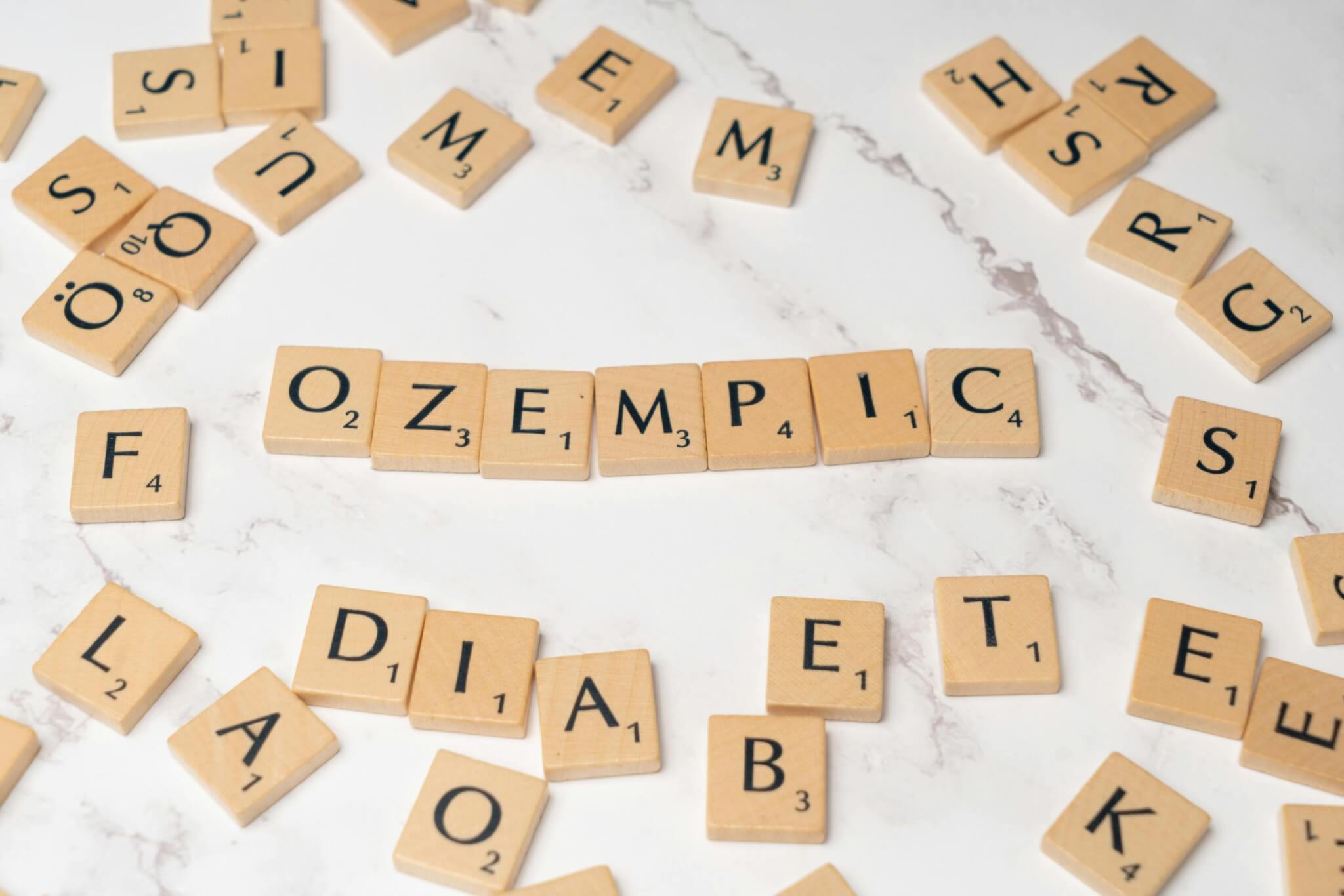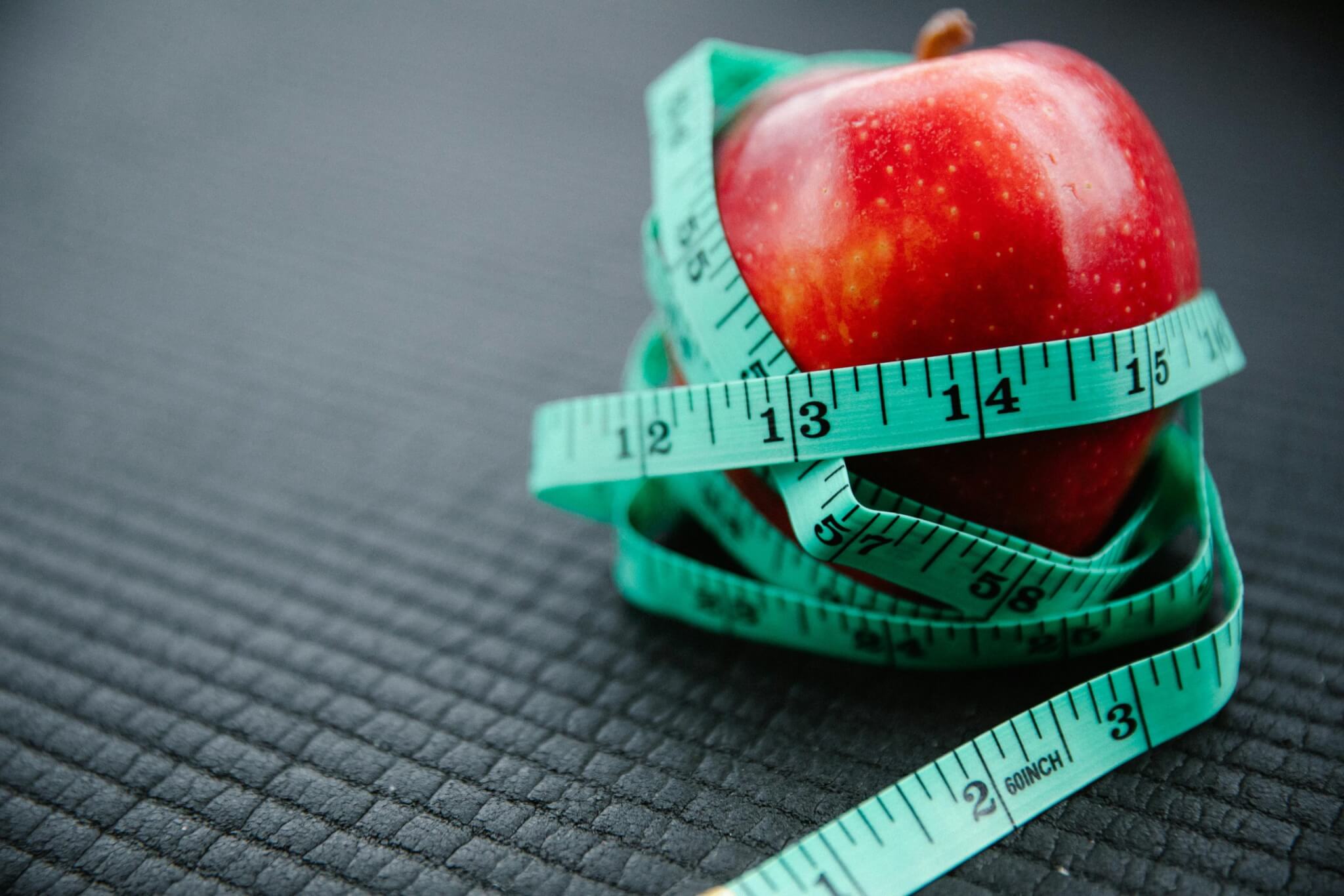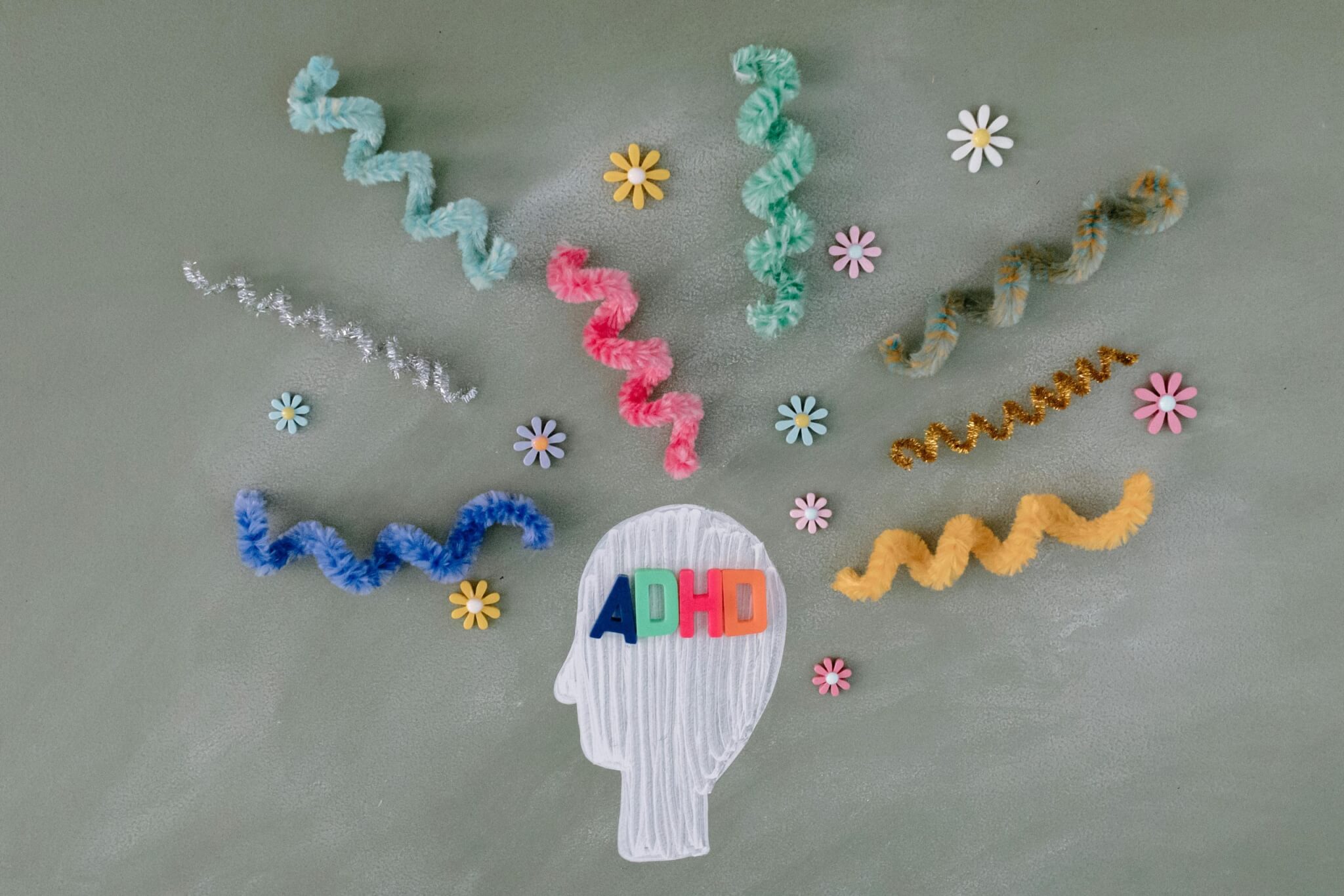Not all Emotional Eating is Emotional
“Food understands me” says one of my clients in a larger body. I am taken slightly aback.
She has been struggling to explain why she continues to eat when she is full and why she cannot stop eating her treats.
Like millions of people struggling with their weight Ms S is not impressed by the body positivity movement, and even after trying multiple diets she continues to wish that there was something that will help her lose weight and keep it off. She is pre diabetic and she wants to live a healthy life to see her grandkids grow up.
She calls herself an emotional eater, and the pandemic only made things worse. As a single professional forced to work from home during the pandemic, she claims that she is lonely and her weight increases her sense of not fitting in. As a busy mum she often resorts to takeaways and ready meals to feed her children, and she compensates for times she can’t be with them properly by giving them sweets that she eats herself. Despite knowing that her habits are wrecking her health, she cannot stop.
So, she berates herself and calls herself weak-willed and even a food addict.
Like many emotional eaters, Ms S doesn’t know why or how to switch from emotional eating to eating based on her biological hunger signals. She has seen a counsellor once before who spent a lot of time asking about her childhood and telling her “it’s not really about food so we don’t need to talk about it. So, she has been given no food diary to complete and she has had no nutritional guidance. She would not want it anyway because she knows everything there is to know about calories but this is not enough to help her make the best choices.
She does not know that not all emotional eating is emotional.
1 Her hunger can be biologically driven.
Hunger is experienced in the brain and is not always recognised as a strong drive to “have lunch”. There are two main hunger pathways: the homeostatic pathway and the hedonic pathway. The homeostatic pathway is our biological hunger pathway and is driven by the need for energy in calories and nutrients that help us function. Conversely, hedonic eating is pleasure-driven and uses pleasure signals to “bypass” the physical hunger/satisfaction signals.
These signals interact with each other, so that you can get all you need in the way of nutrients and energy but if there is little pleasure associated with it, you might still need to eat – sooner rather than later.
Many factors disrupt the normal appetite pathways, such as stress levels; and many medical conditions, including, but not limited to obesity, diabetes, hormonal problems such as Polycystic Ovary Syndrome. Such factors as insulin resistance and inflammation are a common link in these conditions. Insulin resistance – that can be the result of years of unhelpful eating, are linked to these hormones and can block some signals deep in the brain that signal us to stop eating for now or signals that tell us that there is enough fat in our body.
Still where physiology is concerned, mental health conditions may disrupt levels of neurotransmitters such as serotonin (that controls sugar hunger) and dopamine (that controls sugar and fat hunger can also cause appetite changes. When a person cannot “feel” these hormones in the brain, they might become miserable enough to turn to food to feel a little better.
The Power of Food Scale readings (researchers have access but few counsellors in the field) show that many people in larger bodies have high brain activity in the visual cortex when they see highly palatable foods. I do not think this is a surprise, because we are all attuned to being excited about palatable food. But these exciting signals are much stronger in people who are nutritionally depleted.
2 Other hormonal Issues
Sex hormones can have a big effect on emotional eating and this can be tied to states of mind as well. People report eating more pre-menstrually or at middle age where females experience a decline in oestrogen and males a drop in testosterone. Hormones can disrupt the availability and absorption of key nutrients such as calcium, magnesium and phosphorous that affect the hunger centres of the grain. It is not surprising that some people crave chocolate at these times . And this isn’t surprising, as cacao is rich in iron and other minerals, so, chocolate is addressing a physical and emotional need.
3 The Role of a Dieting History
Dieters do much more eating in any kind of emotional situation than non-dieters. This is not necessarily just when emotions are bad. It can be when the food is simply there or when a person is sitting on the sofa next to their family enjoying a movie. We do not fully understand this powerful driver of emotional eating. We just notice that this is true.
4 The Role of Mindless Eating
People may eat mindlessly for all sorts of reasons. Some are too busy to sit down, others eat in the car or while putting the food shop away. Some eat fast because that’s how they learned to eat in childhood. Some people living with obesity eat fast because they are too guilty about eating so they want to block it from their awareness. Mindless eating simply is not recognised by the brain as being a real meal or snack. This was demonstrated in a landmark study by Health Psychologists at the University of Surrey. They showed that families who ate lunch on their knees in front of the television ate 3 times as much snack food as people who ate at the table. For an updated take on the effects of mindless eating, listen to this https://link.chtbl.com/s9cwxMzY
5 The Role of Their Emotions
Emotional eaters have strong emotional connections to food that in extreme cases we can call a co-dependency. Here are some of the questions we therapists ask.
Why is it that some people feel a sense of extreme loss and despair if they cannot get their comfort foods?
Why is it that they feel deeply deprived if they see others eat that new ice cream?
Why is it that some people can wait a while to eat a treat food while others have to eat it now?
Why does someone say, I KNOW what I should be eating but I somehow just cant do it?
It needs to be pointed out that a great deal of emotional eating is normal. In her various books, Suzie Orbach suggests that we all eat for reward, because we deserve something in the moment, to quell anxiety, because others are with us; we eat in case we get hungry later, and because it feels nice and gives us a small dopamine hit when something tasty is in the mouth. The roots of this kind of “normal” emotional eating may (or not) have its roots in childhood. Counsellors should not assume that something else is wrong. In other words, emotional eating can become a habit, or it could be a response to trauma or poor early attachments. We must not assume.
Emotional eating can also be associated with our values. This is where people overeat on holiday because it is important to “let go” and where others overeat in restaurants because they are lulled by alcohol or it is the only way they have a good time there.
Emotional eating should not also be confused with binge eating, although binge eaters also describe themselves as managing their feelings through the abuse of food and their other strategies such as purging. In the same way as emotional eaters without an eating disorder, binge eaters may also overeat because of disruptions in their hunger and satiation pathways.
6 The role of unhelpful thinking.
While counsellors and sufferers alike point the finger at emotions when they explain emotional eating, trained specialists know that a lot of what we call “eating your feelings” is caused primarily by their thoughts. Thoughts come first, feelings afterwards.
For example, if someone eats a forbidden food and tells themselves “I’ve blown it, I may as well carry on eating (and be very good tomorrow)” – a single lapse can escalate into a full- blown episode of overeating. Thinking that one must “cut back afterwards” can cause further overeating because of anxiety or shame. Even having thoughts such as “I’m stuffed so that must mean I have eaten too much” can also give rise to overeating, either as a rebellion against the punishment to come, or because of fears of weight gain.
Among people who claim emotional eating is responsible for their problems, we can identify all sorts of unhelpful thoughts that provoke their problems, such as believing that dieting is the best way to lose weight, or that fat makes you fat (and so you should not eat it and you are a bad person if you do).
Unhelpful thinking – in respect of old associations with food, can also play its part in emotional eating. The client who is driven to eat bread and marmalade might be trying to retrieve old, pleasant memories of spending time with grandparents. Ole memories of eating may invoke happy or deeply toxic memories of food. To some extent our eating, or overeating can be an attempt to reconnect with, or run away from the memories in our mind.
The links between “emotional eating” and eating as a direct response to unhelpful automatic thinking must be understood by anyone working with a comfort eater. By attending only to the emotional life and the adversities that lie beneath, the therapist might be missing some very important information
It is the thinking about emotional eating and what it “means” to each client that is the problem. Small violations of dietary rules can lead to large amounts of guilt, shame and negative self-talk. People believe that name calling will help but it usually makes things worse. It takes informed cognitive styles of therapy to deal with “stinking thinking” in tandem with whatever else needs to be done to manage historic adversity that “might” play a part.
The Solutions
There is no single reason why someone is an emotional eater. Many of the reasons above are acting together. This list of strategies is not exhaustive and needs greater understanding.
1 .Treat biological causes that impact physiologic hunger and trigger emotional eating. The depleted client will not respond to psychological treatment so this needs priority.
2. Treat unhelpful eating styles such as rushing food or eating while doing other things. How a person eats can be as important as WHY they eat in a particular way.
2. Triggers: Address patterns, places/people, with problem solving skills and other skills such as problem-solving, stress management, flexibility, and a compassion focus. You might need to work on relationships since other people can encourage overeating too.
3. Transition to non-food rewards; but this takes time, practice and work on self-esteem to make non-food rewards attractive and deserved.
4 All emotional eaters need to work on managing cravings, impulses and the thinking that follows lapse events. A compassion focus is one good way to manage cravings and help the person to calm down and take stock of what else is going wrong.
5 Emotional resilience training helps people to find more effective ways of managing their feelings and also having fun with food – but not too much! This therapy approach helps people to know what they feel (without shame or avoidance) and take appropriate action without needing another fix. Trauma work might be indicated in some people to take account of high emotions and hypervigilance. But this alone will only go part of the way to treating excessive levels of “emotional eating”.
6 Cognitive styles of therapy are needed for unhelpful thinking.
7 Medication and surgery are an option for people with medical risk associated with high levels of emotional eating. They can work well, but are not a substitute for addressing the psychosocial aspects of emotional eating.
Deanne Jade, May 2023














